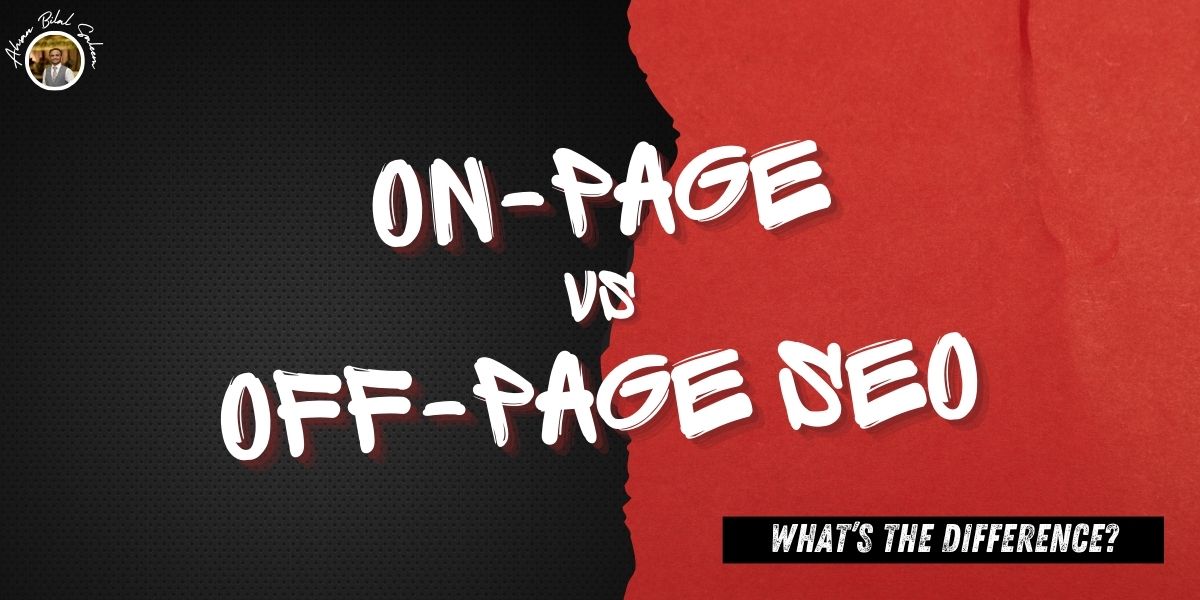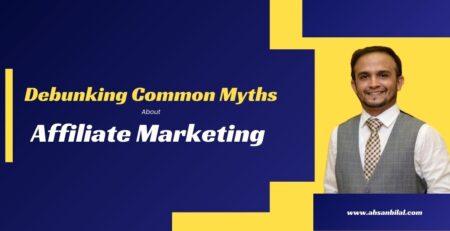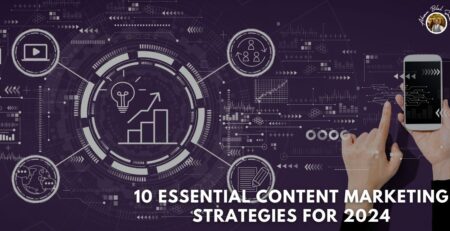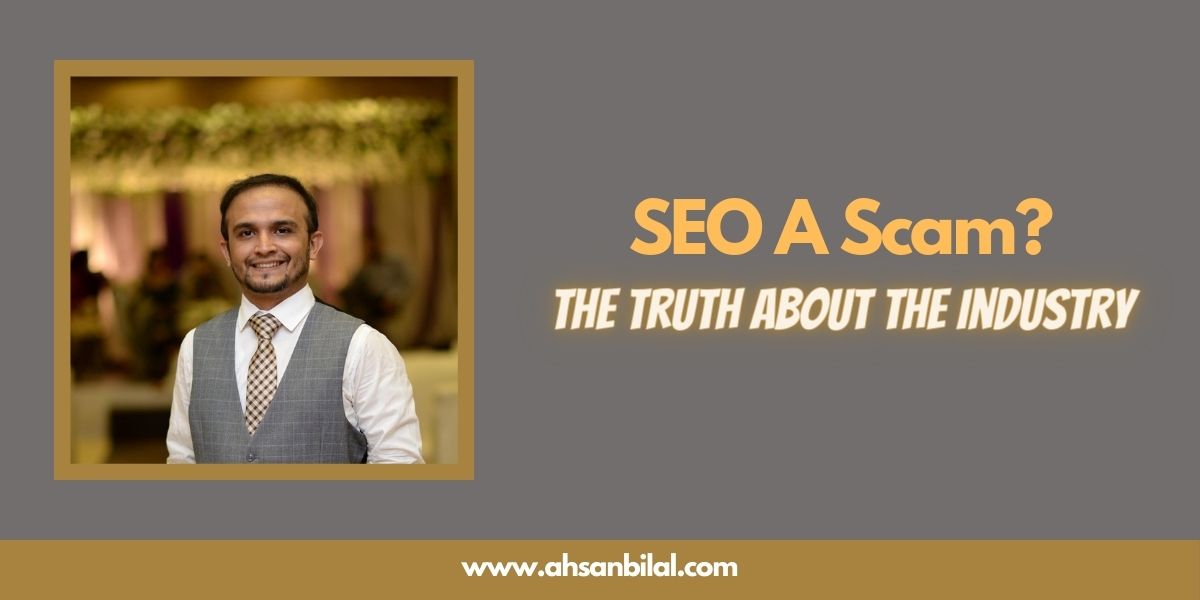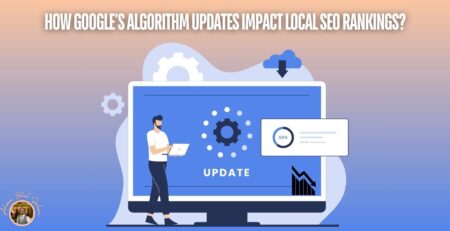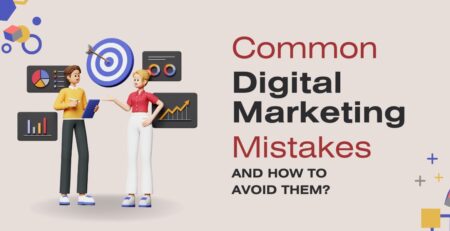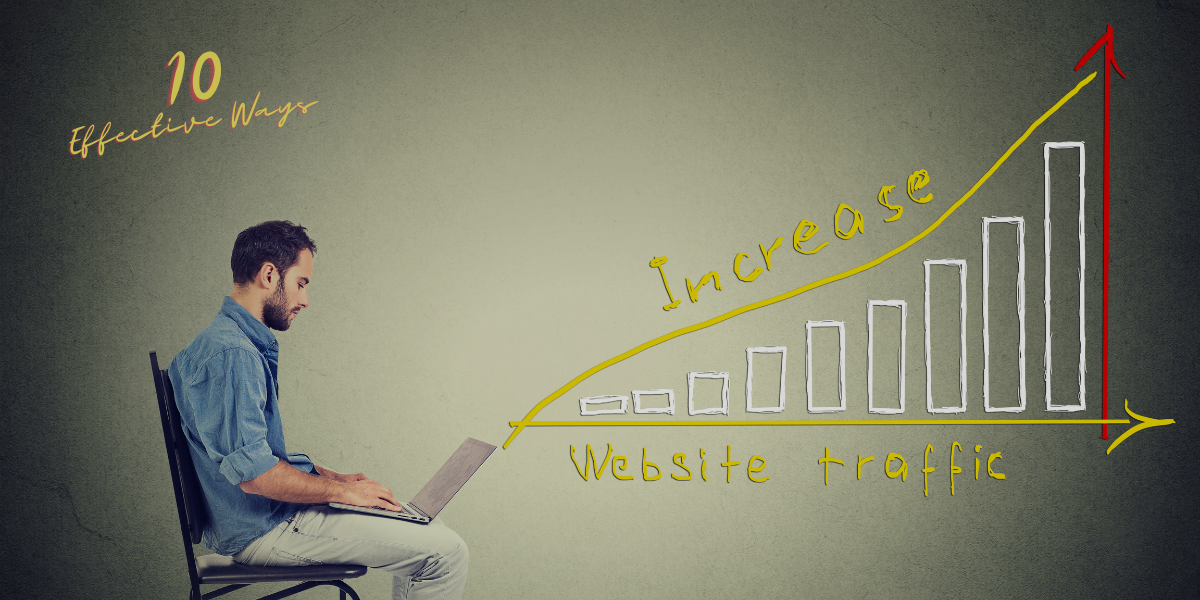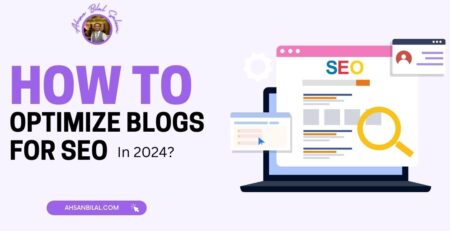On-Page vs. Off-Page SEO: What’s The Difference?
In the dynamic world of digital marketing, Search Engine Optimization (SEO) is a crucial strategy for improving a website’s visibility and attracting organic traffic. Search engine optimization can be extensively arranged into two principal types: on-page Website design enhancement and off-page Website optimization. Both are essential for a successful SEO strategy, but they focus on different aspects of optimization. This article explores the differences between on-page vs. off-page SEO, their unique benefits, and how they work together to enhance your website’s search engine performance.
Understanding On-Page SEO
On-page Web optimization alludes to the act of upgrading individual site pages to rank higher and acquire more significant traffic in web crawlers. It involves making changes directly on your website to improve its search visibility and user experience. Key elements of on-page SEO include:
- Content Quality and Relevance:
Top caliber, applicable substance is the foundation of on-page Website design enhancement. This includes blog posts, articles, product descriptions, and other types of web content that address the needs and interests of your target audience.
- Keyword Optimization:
Incorporating relevant keywords into your content is crucial. Keywords should be strategically placed in titles, headings, Meta descriptions, and throughout the body text to signal to search engines what the page is about.
- Meta Tags:
Meta titles and depictions assist with looking through motors figure out the substance of your pages. Well-crafted Meta tags can improve click-through rates from search engine results pages (SERPs).
- Header Tags (H1, H2, H3, etc.):
Proper use of header tags helps organize content, making it easier for users and search engines to navigate and understand the structure of your content.
- URL Structure:
Clean, descriptive URLs that include relevant keywords can enhance both user experience and search engine rankings.
- Internal Linking:
Connecting to different pages inside your site disperses interface value and works on the crawlability of your site. It additionally keeps guests connected longer by directing them to related content.
- Image Optimization:
Using relevant images with descriptive alt text can improve the accessibility of your content and help your pages rank in image search results.
- Mobile-Friendliness:
With the rising utilization of cell phones, guaranteeing that your site is versatile is pivotal for both client experience and web index rankings.
- Page Speed:
Fast-loading pages provide a better user experience and can positively impact your search engine rankings.
Understanding Off-Page SEO
Off-page Web optimization centers on exercises beyond your site that impact your rankings inside web search tool results. It primarily involves building the website’s authority and credibility through external sources. Key elements of off-page SEO include:
- Backlink Building:
Procuring great backlinks from respectable sites is one of the most basic parts of off-page Search engine optimization. Backlinks go about as demonstrations of positive support, indicating to web crawlers that your substance is important and reliable.
- Social Media Engagement:
Dynamic commitment via virtual entertainment stages can direct people to your site and increment brand mindfulness. Social signs, like likes, offers, and remarks, can by implication influence your Website design enhancement execution.
- Guest Blogging:
Writing guest posts for other reputable websites allows you to reach a broader audience and earn valuable backlinks.
- Influencer Outreach:
Collaborating with influencers in your industry can help you gain exposure and build credibility, leading to increased traffic and backlinks.
- Brand Mentions:
Indeed, even without direct backlinks, notices of your image across the web can improve your webpage’s position and perceivability.
- Local SEO and Citations:
For businesses targeting local markets, building local citations and ensuring consistent NAP (Name, Address, Phone number) information across directories is crucial for local search rankings.
- Forum Participation:
Engaging in relevant forums and online communities can help build your brand’s reputation and drive targeted traffic to your site.
- Content Sharing and Bookmarking:
Promoting your content on content-sharing and bookmarking sites can increase its visibility and attract more visitors.
The Synergy Between On-Page And Off-Page SEO
While on-page and off-page SEO have distinct focuses, they are interdependent and complement each other in a comprehensive SEO strategy. Here’s how they work together to enhance your website’s performance:
- Content and Backlinks:
High-quality on-page content is more likely to attract backlinks from other websites. When other sites link to your valuable content, it enhances your off-page SEO efforts.
- User Experience and Engagement:
A well-optimized website (on-page SEO) provides a better user experience, leading to longer visit durations and lower bounce rates. Positive client commitment signs can help your site’s power (off-page Website design enhancement).
- Brand Credibility:
Consistent branding efforts through off-page SEO activities, such as social media engagement and influencer collaborations, can drive traffic to your website, where on-page SEO ensures a positive user experience.
- Keyword Strategy:
Effective keyword optimization (on-page SEO) helps your site rank for targeted search queries, while off-page SEO activities, such as guest blogging and forum participation, can help you reach new audiences and earn additional traffic.
Conclusion
On-page vs. off-page SEO are two sides of the same coin, each playing a crucial role in a successful SEO strategy. On-page SEO focuses on optimizing the elements within your website to improve user experience and search engine rankings. Off-page Website design enhancement, then again, fabricates your webpage’s power and validity through outside exercises. By understanding and implementing both types of SEO, you can create a balanced and effective approach that drives organic traffic, enhances visibility, and ultimately leads to digital success.
